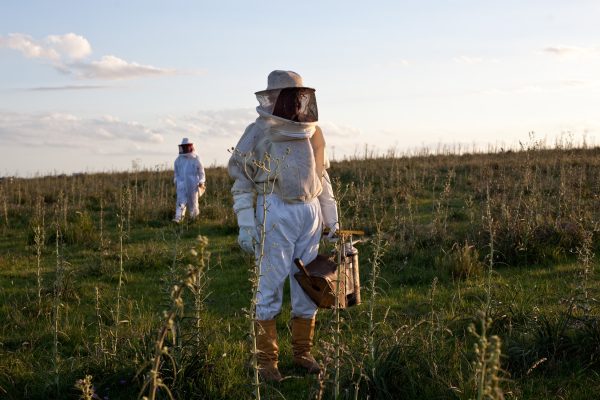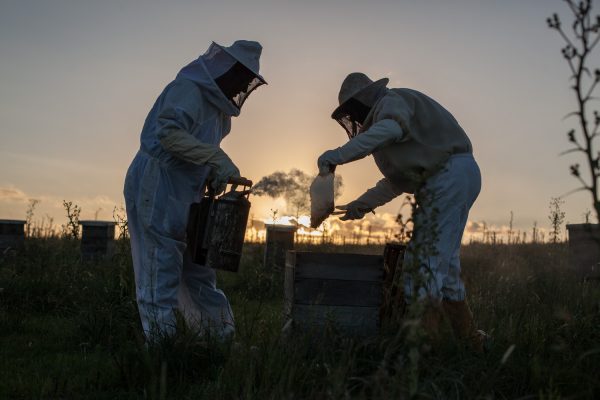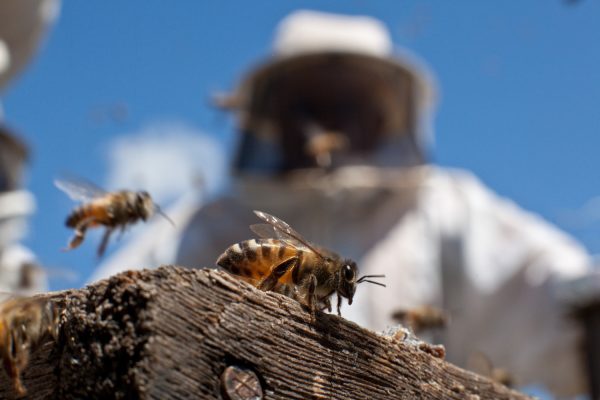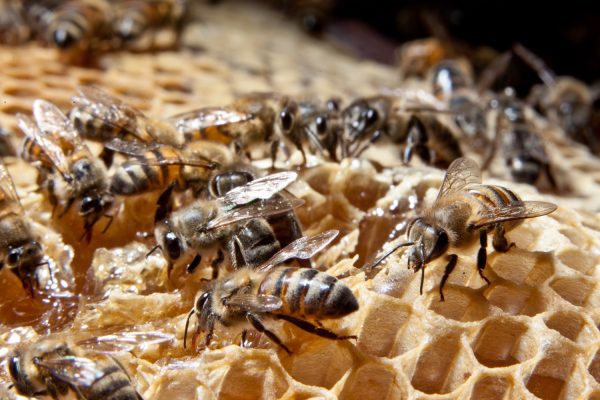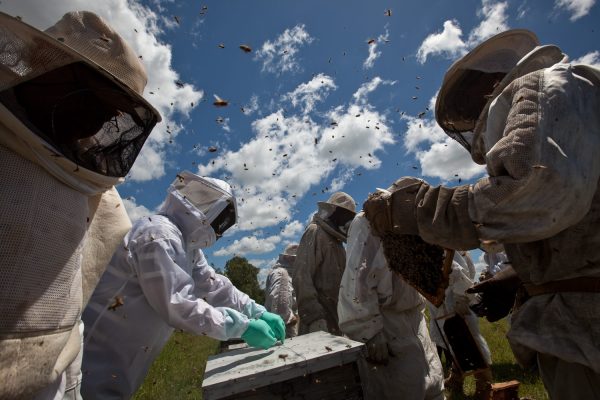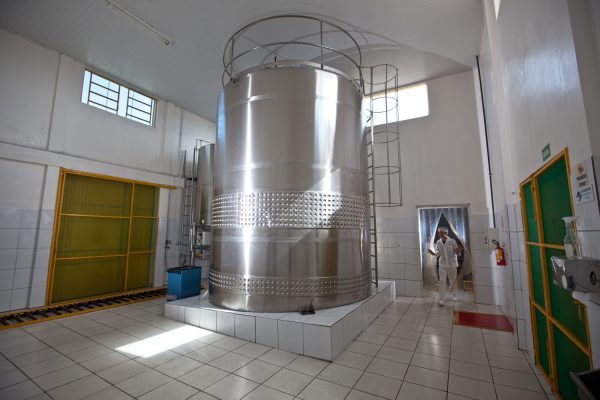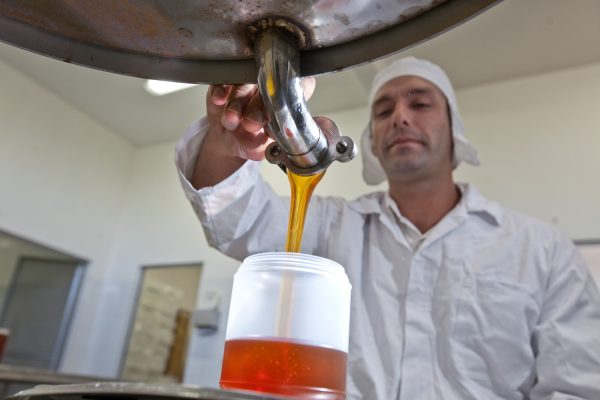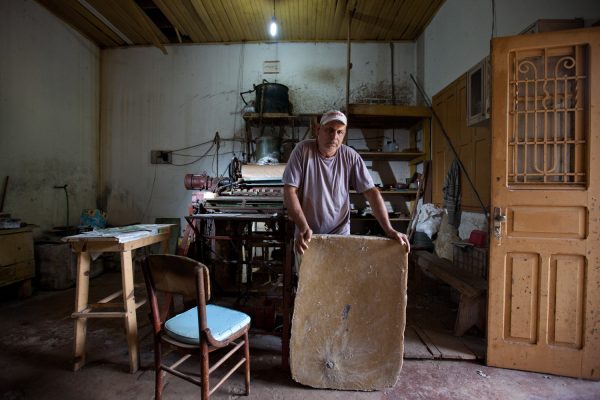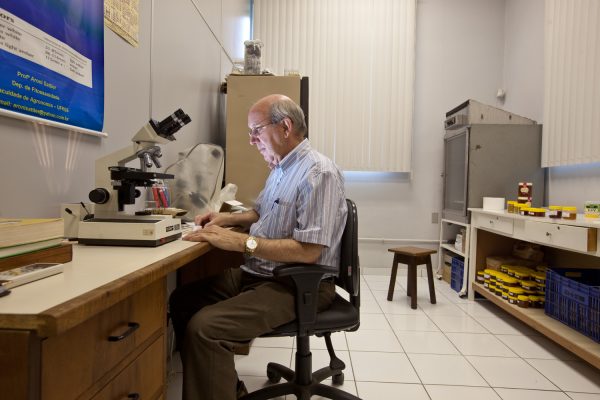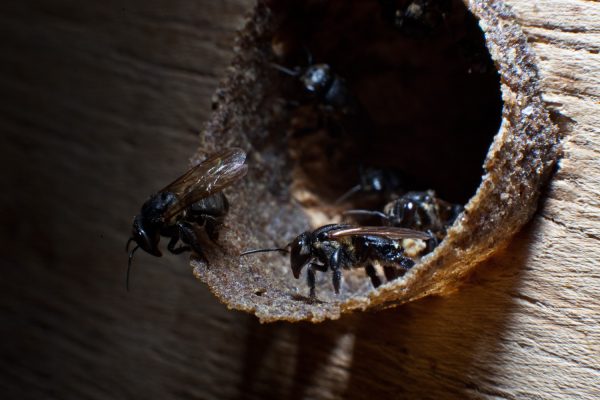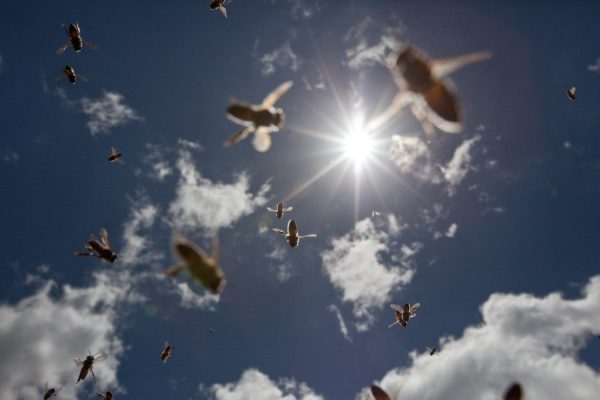For this reportage for NATIONAL GEOGRAPHIC I travelled to the south of Brazil in search of a species of bees imported from my homeland Slovenia in the 19th century. I discovered, however, that there were the feared African bees that changed forever the production of honey in Brazil.
The indigenous population, even before the arrival of the first European ships, already extracted honey from the native Brazilian species. Commercially, however, production from the native species was always negligible, and thus the Europeans in Brazil soon realized that they had to bring over the insects from the Old World. In 1839 a priest Antônio Carneiro Aureliano brought the first European bees from Porto, Portugal. Soon after, German and Italian immigrants, who settled mostly in the southern states of Brazil, introduced new bee colonies and Rio Grande do Sul emerged as a cradle of Brazilian apiculture.
In year 1956 everything dramatically changed. The genetics specialist Warwick Estevam Kerr imported bees from Africa. His plan was to cross the highly productive, but aggressive African bees with the docile European ones, to obtain an ideal balance in terms of productivity, ease of handling and climatic adaptation. But there was an accident in the apiary. Twenty-six hives escaped and began to reproduce in the wild. The African and the European bees interbred and in just 20 years this mix completely dominated the other foreign species in Latin America, giving rise to a poly-hybrid called the “Africanized bee”. The aggression of these bees caused several accidents (even fatal), which together with sensationalist reports created a term “killer bees” and led population to panic.
Brazilian apiculturist later learned how to deal with the new bees and started to appreciate their advantages. Africanized bees are way more productive (current levels of honey production in Brazil are ten times higher than before the arrival of the African bees) and because of their resistance to disease keeping them does not require the use of antibiotics or acaricides, which makes Brazil one of those rare places in the world where the honey produced is 100% organic.
